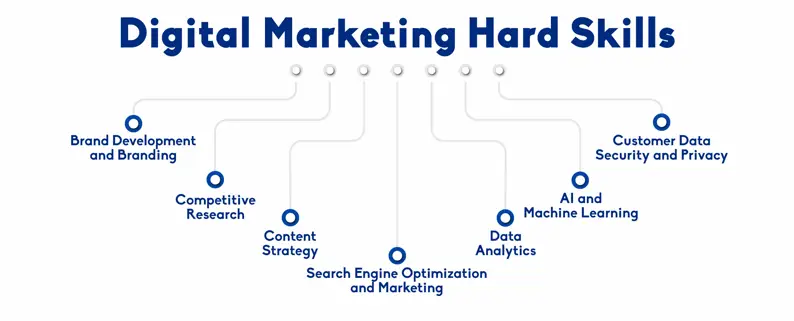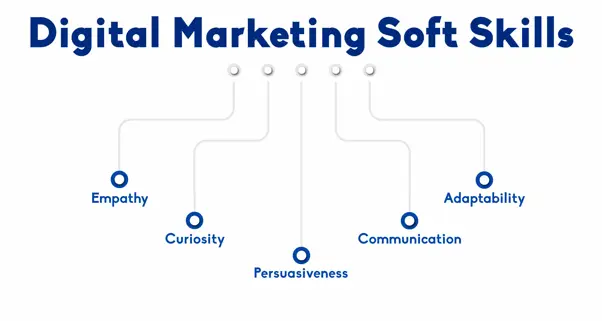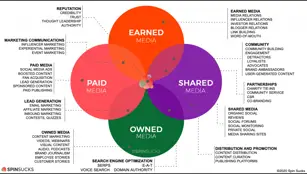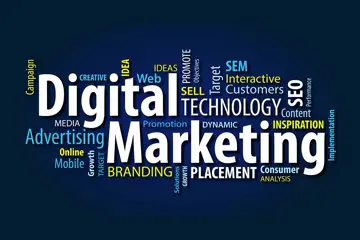 Digital Marketing refers to carrying out marketing activities on digital platforms. Unlike traditional marketing, Digital Marketing can better engage users and measure effectiveness through specialized tools.
Digital Marketing refers to carrying out marketing activities on digital platforms. Unlike traditional marketing, Digital Marketing can better engage users and measure effectiveness through specialized tools.
It includes Content Marketing, Social Media Marketing, Email Marketing, Affiliate Marketing, Influencer Marketing, SEM/SEO, and Paid Advertising.
A Digital Marketer is someone who conducts marketing on digital platforms. In other words, they are modern marketers who apply communication and electronic tools to develop comprehensive plans for a brand. The demand for Digital Marketing professionals is increasingly high due to the measurable and adaptable effectiveness of their strategies.
Essential skills for a Digital Marketer include:

Hard Skills:

Soft Skills:

In Digital Marketing, there are four common types of media classified to help marketers plan for each channel to optimize the effectiveness of their campaigns. When businesses know how to leverage these media groups, they can create effective conversion effects.

Easier tracking and process monitoring
High ROI (Return on Investment)
More stable earnings if done correctly
Data analysis: Nowadays, data analysis tools are widely used, providing marketers with information needed to understand customers and target them with relevant messages. Through analysis, businesses can see KPIs and make correct strategic decisions for future development.
Writing and editing skills: Content is central to digital marketing. Writing and editing are not just producing blog posts and landing page content, but connecting with your target audience through compelling, persuasive messages that motivate action. Of course, relevant, well-written content is essential for any digital marketer. But combining with SEO results in higher content rankings in search engines.
SEO and SEM skills: Remember, SEO and SEM are strategies responsible for driving traffic to your website. An in-depth understanding of this knowledge will help implement marketing strategies better.
Listening skills: A common mistake of brands is focusing too much on content creation and promotion, failing to establish good relationships with customers they expect to advocate or promote their business.
CRM skills: Customer relationship management relates to strategies that track and maximize customer experiences. Understanding interactions and experiences allows personal, and emotional connections improving user experience.
Basic design skills: With foundational design principles and knowledge, communicating intended content displays becomes easier.